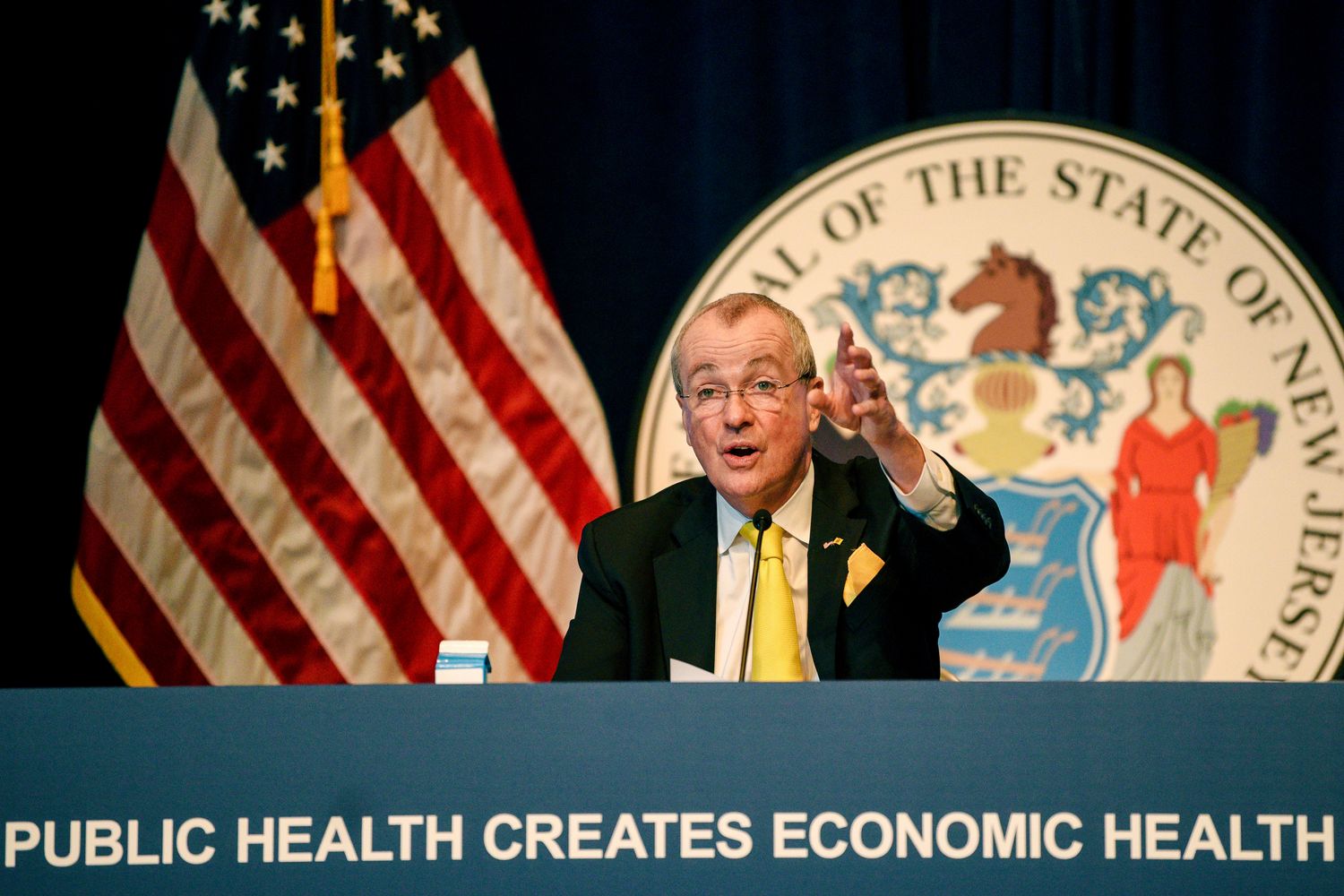
“These layoffs are happening as we speak,” Murphy said. “It’s not theoretical.”
Many of these municipal and state layoffs are disproportionately affecting black Americans, adding pressure on Congress to act as protests over racism and police brutality roil the country. The public sector employs a higher proportion of black workers than other U.S. industries do, and its decline explains in part Friday’s jobs report, which showed that while the unemployment rate declined overall, it continued to tick upward for black workers.
“African Americans tend to have those kinds of jobs that are the service jobs where they’re going into work and risking their lives every single day, and then going back home and risking their families’ lives,” said Lee Saunders, president of the American Federation of State, County and Municipal Employees union. The government “has historically been one of the most dependable employers of African Americans.”
“So those who are getting laid off disproportionately are African American, and they’re going to be hurt the most.”
Congress allocated $150 billion to state and local governments under the CARES Act in March, but officials were restricted in how they could spend it, permitted to use it only for coronavirus-related costs rather than to cover budget shortfalls due to a loss of tax and fee revenue. The National Governors Association, composed of both Democrats and Republicans, has for two months now been calling for an additional $500 billion in flexible aid and for a loosening of restrictions on the CARES Act funding, but lawmakers have yet to act.
House Democrats set aside at least $915 billion in state and local aid in the HEROES Act they passed in mid-May, only for Senate Majority Leader Mitch McConnell to dismiss it as a “laundry list of pet priorities.” More recently, McConnell told Fox News his chamber “may later do more” to help states by allocating aid but that he wants to wait and see how things are looking after more of them begin to open up. Some conservative lawmakers have made clear they have no interest in providing further aid, arguing that would simply reward primarily Democratic-led states that have, in their minds, mismanaged their budgets.
“We’re just seeing so much incompetence in blue state management, it’s going to be hard to make the case to any Republican that for some reason people in Utah should pay for Bill de Blasio’s incompetence,” said Stephen Moore, a conservative economist and outside adviser to the White House, referring to the mayor of New York City. He advocated instead for states to quickly reopen their doors so they can start collecting tax revenue.
In the meantime, negotiations on the Hill are essentially at a standstill.
“There’s no serious conversation happening,” Sen. Chris Van Hollen (D-Md.), who serves on the Appropriations Committee, said of state and local aid. “There should be, but Senate Republicans are slow-walking this process.”
“Maybe they’re trying to figure out what they want,” he added. “There doesn’t seem to be any consensus.”
Governors and mayors are urging Congress not to delay sending aid that is sorely needed. “The timeline is now,” said Teryn Zmuda, chief economist at the National Association of Counties.
Should layoffs continue on their current trajectory, they could lead to a dramatic cutback of essential services at a time when they are in greater demand than ever.
“You will see disaster occur if in fact there are continued layoffs in the public sector,” Saunders said, listing health, education and sanitation services as some that will see major cutbacks without additional aid.
And in many cases, the populations benefiting from those services are communities of color that the pandemic has already hit hardest.
Source: politico.com
See more here: news365.stream






